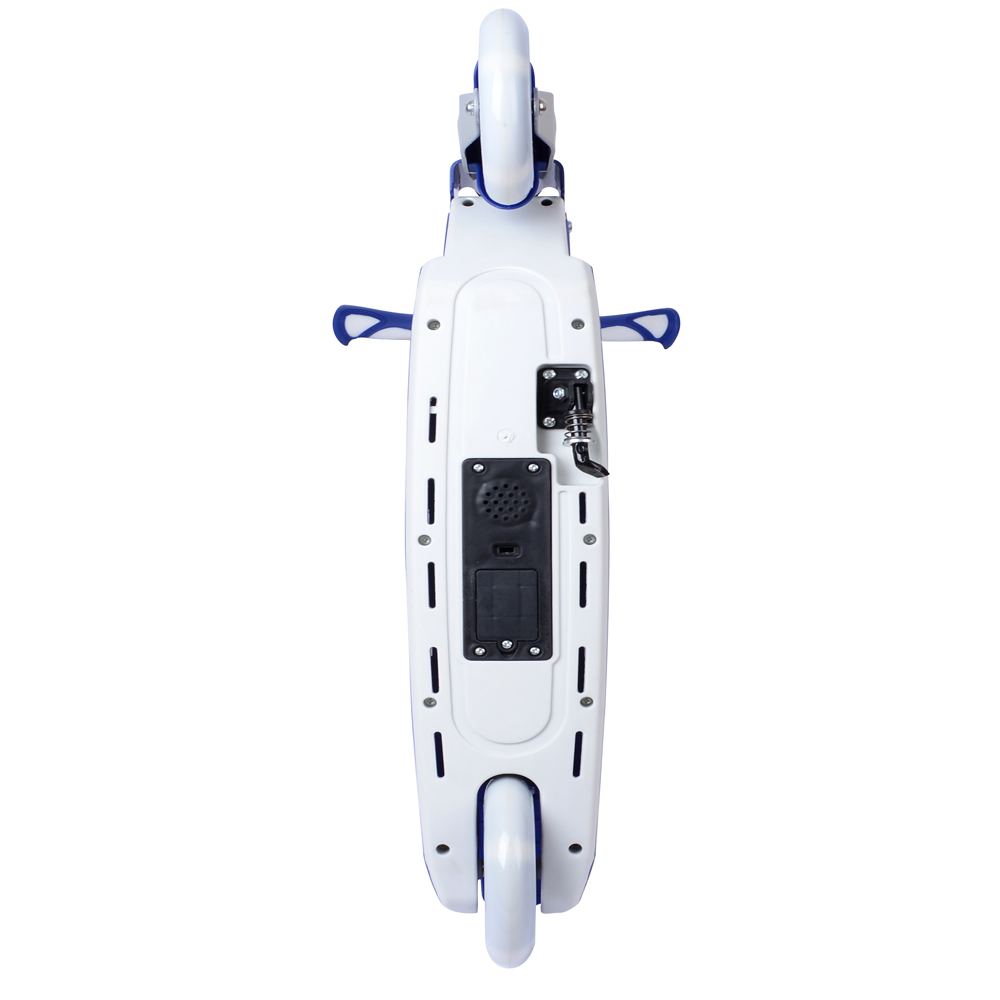Scooters for Everyone A Ride into the Future of Urban Mobility
In recent years, the urban landscape has undergone a significant transformation, with the rise of alternative modes of transportation such as electric scooters. These two-wheeled wonders have surged in popularity, becoming a key component of the transportation ecosystem in cities across the globe. The appeal of scooters lies not only in their efficiency and eco-friendliness but also in their ability to address some pressing urban challenges.
One of the primary advantages of scooters is their convenience. In densely populated urban areas, traffic congestion has become a major issue, leading to increased travel times and frustration for commuters. Traditional public transport systems can be overcrowded and limited in routes. Electric scooters provide a solution by allowing individuals to travel short distances quickly and without the need for parking spaces. Riders can easily pick up a scooter at one location and drop it off at their destination, bypassing the hassles of traffic jams and reducing the burden on public transportation systems.
Scooters for Everyone A Ride into the Future of Urban Mobility
Accessibility is another key benefit of scooters. Many scooter-sharing programs have integrated features to accommodate a diverse range of users, including individuals with disabilities. Additionally, these programs offer affordable transportation options, making urban mobility accessible to those who may not have the means to own a personal vehicle. With various pricing models, from pay-per-ride to subscription services, scooters can cater to the needs of different riders.
scooters for

However, the increasing popularity of scooters has also raised certain challenges. One of the most pressing concerns is safety. As more people take to the streets on scooters, the potential for accidents rises. Cities are grappling with how to improve infrastructure to ensure the safety of both scooter riders and pedestrians. Building dedicated bike lanes, increasing awareness through safety campaigns, and enforcing traffic regulations are crucial steps to create a safer environment for all road users.
Additionally, the management of scooter fleets presents logistical challenges. Companies must ensure that scooters are charged, maintained, and redistributed efficiently to meet demand. Some cities have implemented regulations around the number of scooters allowed on the streets and the places where they can be parked, which aims to strike a balance between accessibility and urban order.
Looking toward the future, scooters have the potential to play an even larger role in transforming urban mobility. Integrating scooters into existing public transportation systems could create seamless travel experiences. For instance, commuters could use scooters to travel from their homes to transit hubs, making it easier to navigate the first and last miles of their journeys.
In conclusion, scooters represent an exciting development in urban transportation, offering a convenient, eco-friendly, and accessible solution to the challenges of modern city life. While challenges remain, the benefits of scooters—when properly managed—far outweigh the drawbacks. As cities continue to evolve, embracing innovative modes of transport like scooters will be critical in shaping a sustainable and efficient future for urban mobility. The ride into the future has just begun, and it is electric.
-

 Scoot&RideKids Child Kick Push Scooter 3 Wheels with LED Flashing Tilt Lean Boys Girls Scooter
Scoot&RideKids Child Kick Push Scooter 3 Wheels with LED Flashing Tilt Lean Boys Girls Scooter




- 4
$33.17 -

 Scoot&RideKids Scooter Child Kick Flashing LED Light Up 3 Wheel Push Adjustable Folding 3
Scoot&RideKids Scooter Child Kick Flashing LED Light Up 3 Wheel Push Adjustable Folding 3- 0
$25.52 -

 Scoot&RideKids Scooter Child Kick Flashing LED Light Up 3 Wheel Push Adjustable Folding 2
Scoot&RideKids Scooter Child Kick Flashing LED Light Up 3 Wheel Push Adjustable Folding 2- 0
$33.17 -

 Scoot&RideKids Scooter Teens Foldable Kick Push Scooter Adjustable Height Safe 2 Wheels
Scoot&RideKids Scooter Teens Foldable Kick Push Scooter Adjustable Height Safe 2 Wheels




- 4
$49.99
Meet our partners and discover what powers their creativity!
When you register for a Lohas scooter, you will receive a 10% discount on your first order and can be notified of sales, new product launches and other offers in advance.









